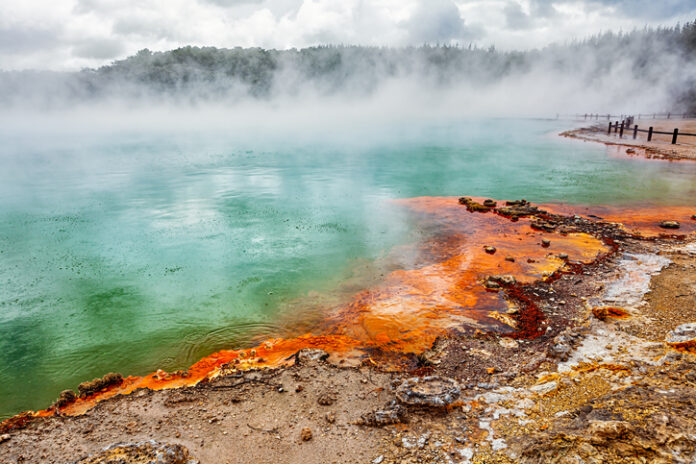New Zealand intends to double its use of geothermal energy by 2040. The country’s authorities have launched public consultations on updating the development strategy for this important energy resource, Resources Minister Shane Jones said at a briefing in Wellington.
“Our unique location on the boundary of the Australian and Pacific tectonic plates, as well as the thin crust along the fault line, give us a significant geological advantage in expanding our geothermal potential,” the minister said.
New Zealand became the second country in the world to build a geothermal power plant in the late 1950s and today ranks fifth in terms of geothermal energy production. However, despite the emergence of new plants from Contact Energy Ltd. and Mercury NZ, the industry’s development has been inconsistent, and geological exploration of new sites has been suspended. According to Bloomberg, citing official documents, this has necessitated a strategic review.
Domestic electricity consumption in the country is expected to grow by 68% over the next 15 years, requiring significant investment in renewable energy sources, including geothermal.
The new strategy also explores opportunities for the direct use of geothermal energy in industry, business and agriculture, in particular as an alternative to coal-fired boilers. Jones also highlighted the potential of so-called supercritical geothermal fluids, which are deeper and hotter sources with higher energy content. In addition, valuable minerals can be extracted from such fluids.
In the first phase, the government will focus on improving the regulatory framework and access to data, which will create opportunities for new entrants, including indigenous Maori people who own land above geothermal areas. According to government documents, the state may subsequently engage in new phases of geological exploration.
In 2024, the country’s authorities lifted a ban on offshore oil and gas exploration and production due to an acute energy shortage.
